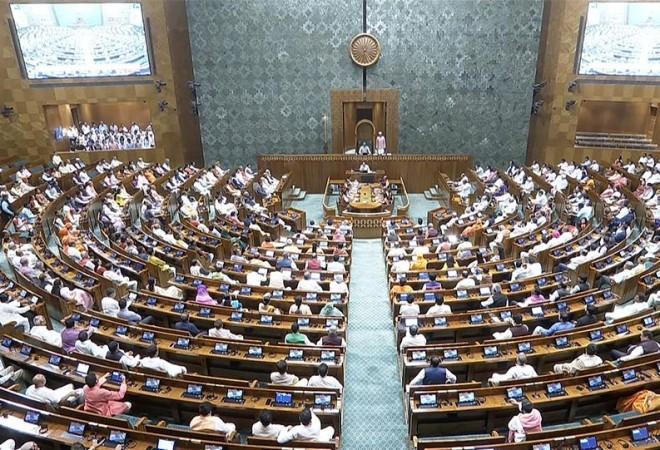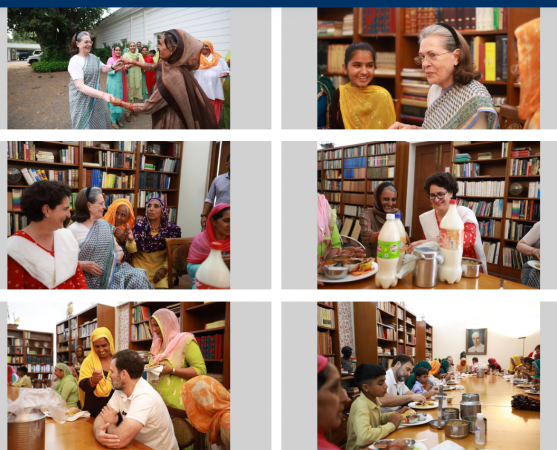The discussions on the Women's Reservation Bill initiated today as it will be moved for passage in Lok Sabha during the day. According to Lok Sabha's bulletin, the government will seek passage of the much awaited legislation on Wednesday itself.
Speaking to mediapersons outside Parliament, Law Minister Arjun Ram Meghwal said, "Discussions will be held through the day on the Bill. Accordingly, debate began with Congress leader Sonia Gandhi participating in the new Lok Sabha from 11:45 a.m. The debate is scheduled to continue till 6 p.m.

The Constitution (One Hundred and Twenty Eighth Amendment) Bill, 2023 or the Women's Reservation Bill, was introduced in Lok Sabha in the supplementary list of business on Tuesday.
It proposes that the reservation would continue for a period of 15 years and there will be quota for SC and STs within the reserved seats for women.
The legislation, however, is unlikely to be implemented in the 2024 Lok Sabha elections, sources said. It will be rolled out only after the delimitation process is over, most probably in 2029, they added.

The reservation will come into effect after a delimitation exercise is undertaken and will continue for 15 years. Seats reserved for women will be rotated after each delimitation exercise, according to the bill.
The bill seeks to reserve 33% of the seats in the Lok Sabha (the lower house of India's Parliament) and State Legislative Assemblies for women. The bill was first introduced in Parliament in the 1990s but faced opposition and has been pending since then.
The Women's Reservation Bill has received both support and opposition. Supporters argue that it would help increase the representation of women in politics, addressing gender inequality. Opponents have raised concerns about the potential misuse of the reservation and the impact on political dynamics.
Some states have implemented reservations for women in local Panchayati Raj institutions (rural local governments) and Municipalities. These reservations have been generally successful in increasing the participation of women in grassroots politics. The BJP revived it now.
(With inputs from IANS)
















